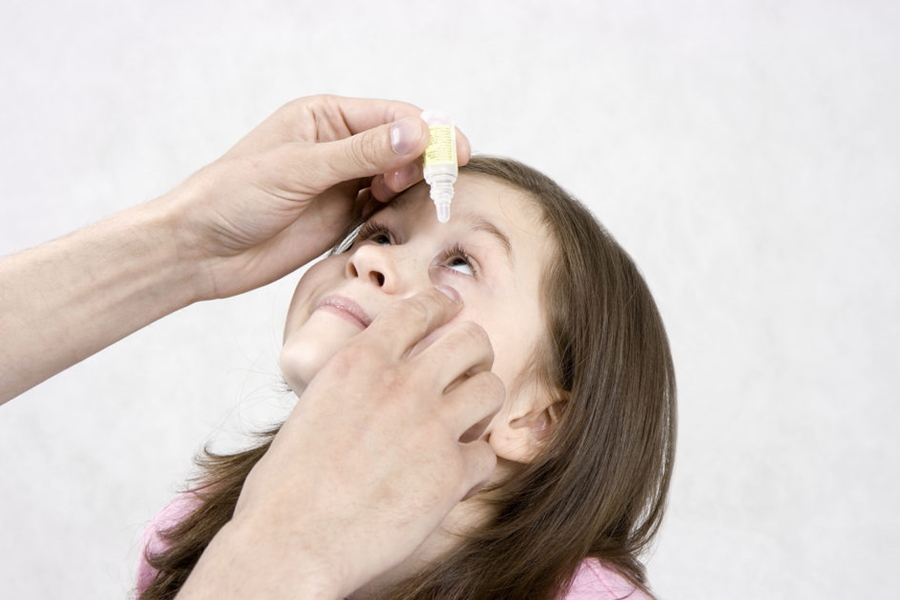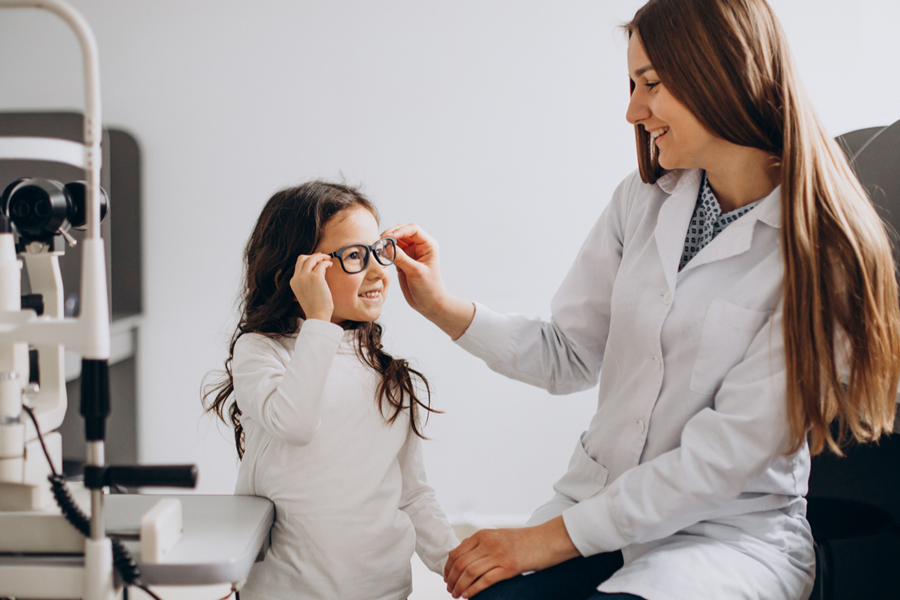Myopia, or nearsightedness, is a vision disorder that affects millions of children worldwide. It causes distant objects to appear blurry while close-up items are seen clearly. If left untreated, myopia can lead to more serious vision problems such as glaucoma and cataracts later in life. Fortunately, there are steps parents and guardians can take to help prevent myopia from developing in their children.
One of the most effective strategies for preventing myopia is encouraging outdoor activities. Spending time outdoors exposes children’s eyes to natural light which helps reduce the amount of strain placed on their eyes when looking at near objects such as books and screens. Parents should also encourage frequent breaks from electronic devices such as smartphones, tablets, and computers; these devices emit blue light which can be harmful to the eyes over extended periods of time.
In addition to encouraging outdoor activities and limiting device use, it is important for parents and guardians to ensure that children have regular eye exams with an optometrist or ophthalmologist who specializes in pediatric eye care. During these exams, any signs or symptoms of myopia will be detected early on so they can be addressed appropriately before they become worse over time. Additionally, prescription eyeglasses may be recommended if necessary; wearing glasses with the correct prescription lens will help reduce stress on the eyes when looking at near objects like books or screens.

Finally, parents should make sure that their children eat a balanced diet rich in vitamins A & C as well as omega-3 fatty acids which are essential for healthy vision development; foods high in these nutrients include leafy green vegetables (such as kale), citrus fruits (such as oranges), fish (such as salmon), eggs, nuts & seeds (such as flaxseeds). Furthermore, it is important for parents to monitor how much sugar their child consumes since this can have a negative effect on eye health over time if consumed excessively.
In conclusion, there are many steps parents and guardians can take to promote healthy vision development in their children including encouraging outdoor activities, limiting device use, having regular eye exams, wearing corrective eyewear if needed, eating a balanced diet full of essential vitamins & minerals, and monitoring sugar intake. By following these strategies they can help ensure that their child’s eyes remain healthy throughout life without having to worry about developing myopia later down the road.
